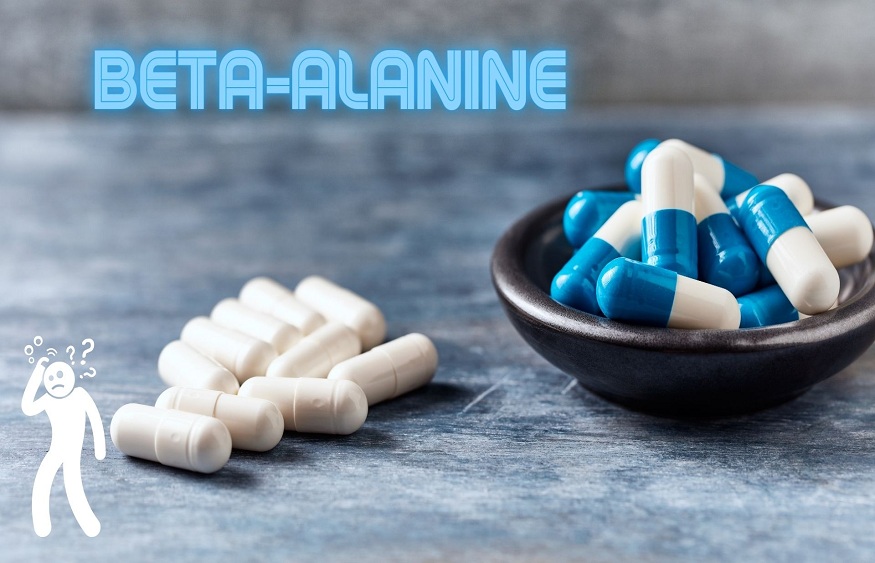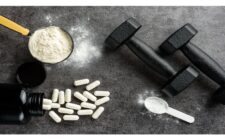Beta-alanine is an amino acid that has gained popularity in the fitness and athletic communities for its potential benefits in enhancing athletic performance. While it may not directly address the process of aging, it can be a valuable supplement for athletes, including aging athletes, looking to maintain or improve their performance. Beta-alanine is a naturally occurring amino acid vital in buffering lactic acid build-up in muscles during high-intensity exercise. This buffering effect can delay the onset of muscle fatigue, allowing athletes to train harder and longer. It can be particularly beneficial for aging athletes looking to maintain their competitive edge as they grow older.
It’s important to note that the effects of beta-alanine can vary from person to person, and not all athletes will experience the same level of benefit. Apart from understanding the meaning of what is beta alanine, it is integral to know that the benefits of beta-alanine is primarily related to physical performance rather than addressing aging per se. Aging athletes should also consider other aspects of their training and lifestyle, such as nutrition, recovery, and injury prevention, to stay competitive as they grow older.When integrated into a well-balanced fitness and nutrition regimen, beta-alanine can help enhance exercise capacity and performance, making it a popular choice among athletes seeking to optimize their training and physical endurance.
Here’s how beta-alanine may be beneficial for aging athletes:
Improved Exercise Capacity
Beta-alanine is a precursor to carnosine, which helps buffer lactic acid buildup in muscles during high-intensity exercise. This buffering action may allow aging athletes to train at higher intensities and for longer durations, aiding in muscle endurance and power output.
Reduction in Muscle Fatigue
By delaying the onset of muscle fatigue, beta-alanine can help aging athletes maintain their training intensity and exercise longer, which can be especially important as athletes age and experience decreased muscle mass and strength.
Enhanced Anaerobic Performance
Aging athletes often face declines in anaerobic performance, which can affect their ability to generate power and explosiveness. Beta-alanine may help maintain or improve anaerobic performance, which is critical for sports requiring short bursts of power, such as sprinting and weightlifting.
Muscle Maintenance
Maintaining muscle mass and strength becomes increasingly important for overall health and functionality as individuals age. Beta-alanine may assist in preserving muscle mass, as it can contribute to a higher training volume and muscle growth potential.
Cognitive Benefits
Some studies have suggested that beta-alanine supplementation may have cognitive benefits by enhancing brain function. This could be relevant for athletes, as mental acuity and focus are crucial in competitive sports.
Before adding any supplement to their regimen, aging athletes should consult a healthcare professional or a registered dietitian who can assess their needs and potential risks. Additionally, athletes should be aware of the possible side effects of beta-alanine, which may include paresthesia (a tingling sensation), and should be consumed as part of a well-balanced diet and training program.
Beta-alanine can be a valuable tool for aging athletes looking to maintain or improve their competitive edge. Still, it should be part of a broader strategy encompassing various aspects of training and health to address the unique challenges associated with aging and performance in sports.




